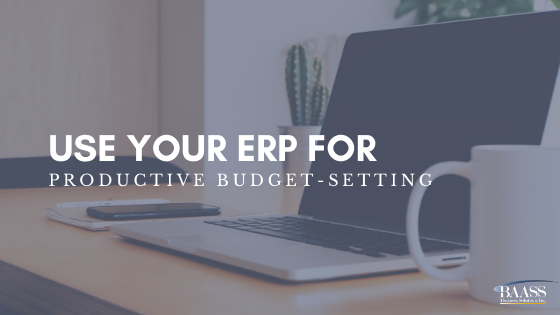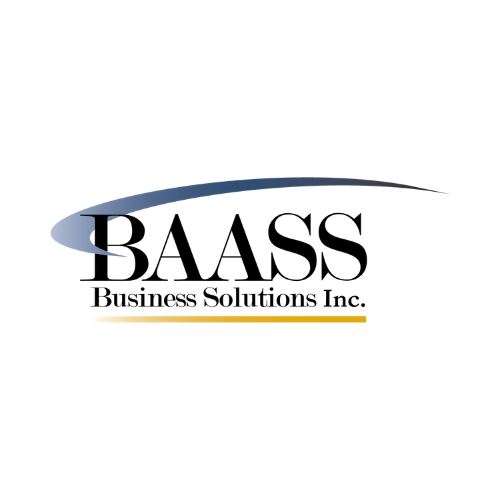
Many companies that are on a calendar-year budgeting cycle find themselves facing December with trepidation. Reviewing the past year’s performance, anticipating needs, and building the next year’s budget are all part of the end-of-year cycle as predictable as a holiday party. To make your budget setting easier, you can use your ERP system for better planning and productivity.
How Your ERP Can Help with Budgeting
Budgets must reflect three things: past year performance, anticipated or projected revenue, and projected expenses. The successful analysis of all three leads to an accurate budget that neither overstates nor underestimates the financial needs of a company.
ERP systems offer regular and timely access to your company’s financial information. Throughout the calendar year, you can check at a moment’s notice how well your forecasts match actual numbers. You can also generate demand estimates and use data to determine cost factors such as restocking inventory, adding employees, or increasing advertising, for example.
As you sit down to develop your new budget, consider running several reports from your ERP system. Depending on how you’ve established your current reporting system, you’ll find the following reports helpful:
- Fiscal year-to-date comparisons: These comparisons help you review your overall profit and loss statement against previous performance to date. You can analyze revenues and expenses by category and study specific categories for further information.
- Accounts payable: Your payables reflect debts that still must be paid. Review recurring expenses and note which areas, if any, you can cut expenses. If not, account for them in your new budget.
- Accounts receivable: Before budgeting for next year, make an effort to close outstanding receivables. Review customer accounts to make projections about income for the next fiscal year.
Your ERP system can also show you trends and cycles in your business. You may need to analyze external data, such as government reports, state or regional economic figures and other data to make additional assumptions about profits in the new-year.
Building a Budget: Zero Base or Incremental Changes?
There are many schools of thought when it comes to budgeting. Some companies prefer that each year, a fresh budget is developed based on current needs. This “zero based” budgeting starts with a balance of zero, and manager must make a new case each year for their planned expenditures.
Another method is to use last year’s budget and build in incremental changes based on data. Since you have ERP data, you have a more accurate picture of the budget status and can build in increases or decreases accordingly.
Neither method is right or wrong; both have benefits and drawbacks. In either budgeting scenario, your ERP system can provide data to help you fill in the blanks and create next year’s budget.
If you have an ERP system, you have a great tool that can help you build an accurate budget forecast for the new year. If you do not yet have an ERP system, speak with the experts at BAASS about your needs. We can match your needs to a great system that offers budgeting, accounting, forecasting and much more.
Learn more at BAASS ERP, request more information, or schedule a demo today.
